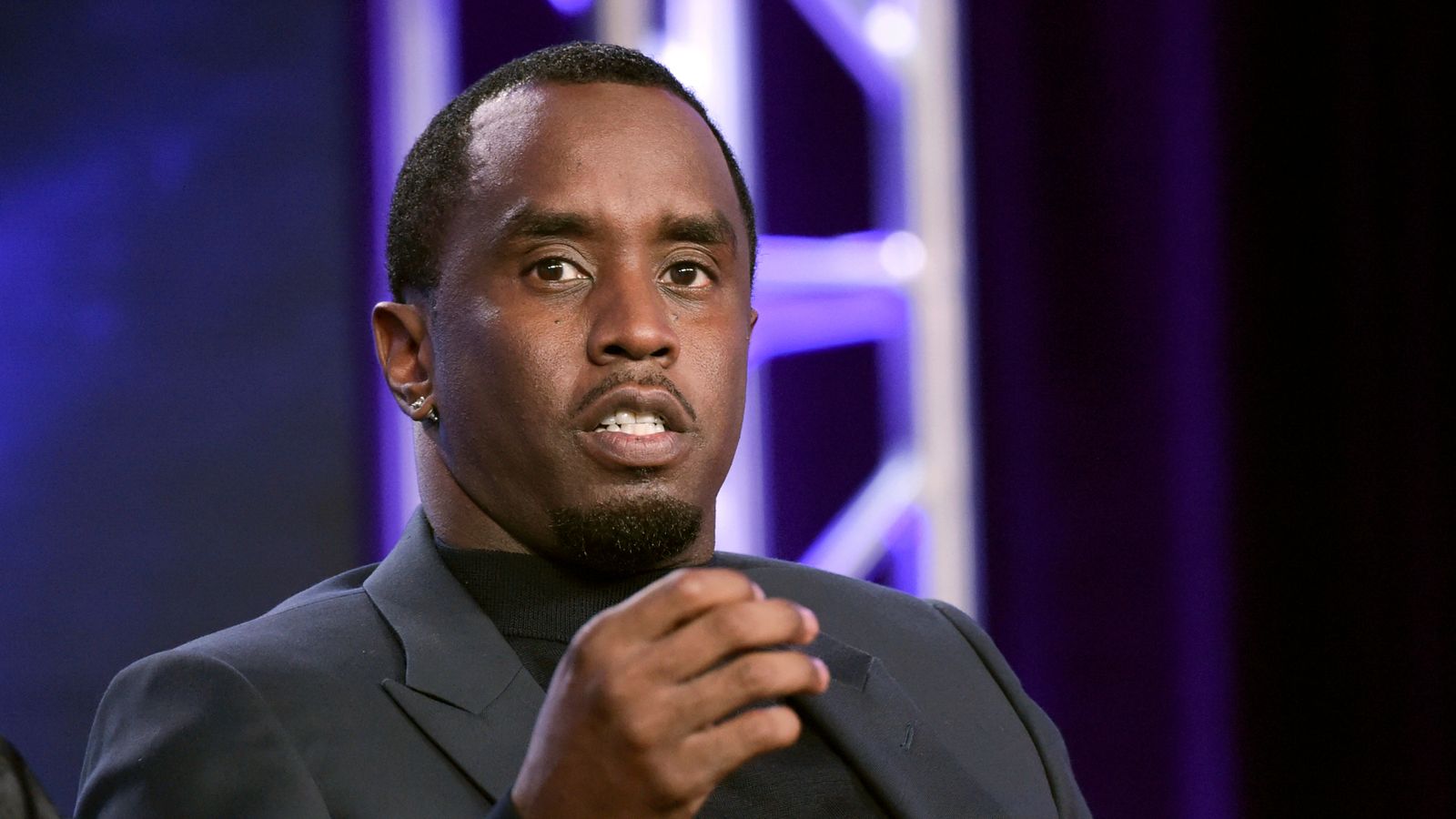Sean "Diddy" Combs Faces Serious Allegations: A Deep Dive into the Lawsuit and Its Implications
Sean "Diddy" Combs, the renowned hip-hop mogul and music producer, is once again in the spotlight, but this time for deeply troubling reasons. A recent lawsuit filed in California accuses him of rape and other serious crimes, allegedly as retaliation for a woman’s comments regarding his possible involvement in the murder of rapper Tupac Shakur. This article delves into the details of the lawsuit, the historical context surrounding these allegations, and the broader implications for Combs and the music industry.
The Allegations: A Disturbing Account
The lawsuit, which has garnered significant media attention, outlines a harrowing account from the plaintiff, who claims that Combs raped her using a remote control and that his associates participated in the abuse. The woman alleges that Combs threatened her with a knife, stating he would give her a "Glasgow smile"—a term referring to a violent facial cut—as punishment for her previous remarks about him. This chilling narrative paints a picture of intimidation and violence, with the plaintiff asserting that she was subjected to sexual assault, battery, and false imprisonment.
According to the court documents, the woman first encountered one of Combs’ friends in a bar in February 2018. During a video call with Combs, she expressed her belief that he had a role in Tupac Shakur’s murder, a statement that allegedly prompted Combs to threaten her. The lawsuit claims that Combs arrived unannounced at the friend’s home the following month, where the alleged assault took place.
The Context: Tupac Shakur’s Murder and Its Legacy
Tupac Shakur, one of the most influential figures in hip-hop history, was murdered in a drive-by shooting in Las Vegas in 1996. His death remains one of the most infamous unsolved cases in music history, with numerous theories and speculations surrounding the circumstances. Combs has consistently denied any involvement in Shakur’s murder, but the lingering questions about the case have created a complex backdrop for the current allegations against him.
The renewed focus on Shakur’s murder has coincided with a resurgence of interest in the events surrounding it, particularly with the recent arrest of former gang member Duane "Keffe D" Davis, who has been charged with murder. This context adds a layer of complexity to the allegations against Combs, as they intertwine with the unresolved legacy of Shakur’s life and death.
The Legal Landscape: A Series of Lawsuits
The California lawsuit is not an isolated incident. Just a day before this filing, six additional lawsuits were lodged against Combs in New York, with more expected in the coming weeks. These legal challenges encompass a range of allegations, including sexual assault and racketeering. Combs, who has pleaded not guilty to charges of sex trafficking and racketeering, faces a criminal trial set for May 2025.
In response to the allegations, Combs’ representatives have expressed confidence in his legal defenses, asserting that he has never sexually assaulted anyone. They have characterized the situation as a "reckless media circus," emphasizing their belief that the truth will ultimately prevail in court.
The Broader Implications: Impact on the Music Industry
The allegations against Combs have sparked discussions about accountability within the music industry, particularly regarding issues of sexual misconduct and abuse of power. As a prominent figure in hip-hop, Combs’ legal troubles could have far-reaching consequences, not only for his career but also for the industry as a whole.
The emergence of multiple lawsuits against high-profile figures in music and entertainment reflects a growing movement towards transparency and justice for victims of sexual violence. As more individuals come forward with their stories, the industry is being forced to confront its past and implement changes to ensure a safer environment for all.
Conclusion: A Complex Narrative Unfolds
The allegations against Sean "Diddy" Combs are serious and disturbing, raising questions about accountability, power dynamics, and the legacy of unresolved violence in the music industry. As the legal proceedings unfold, the public will be watching closely, not only for the outcome of Combs’ case but also for the broader implications it may have on the culture of hip-hop and the treatment of women within it.
In a world where the voices of survivors are increasingly being heard, the unfolding narrative surrounding Combs serves as a reminder of the importance of addressing these issues head-on. Whether or not the allegations are proven true, the conversation they provoke is crucial for fostering a safer and more equitable environment in the music industry and beyond.
